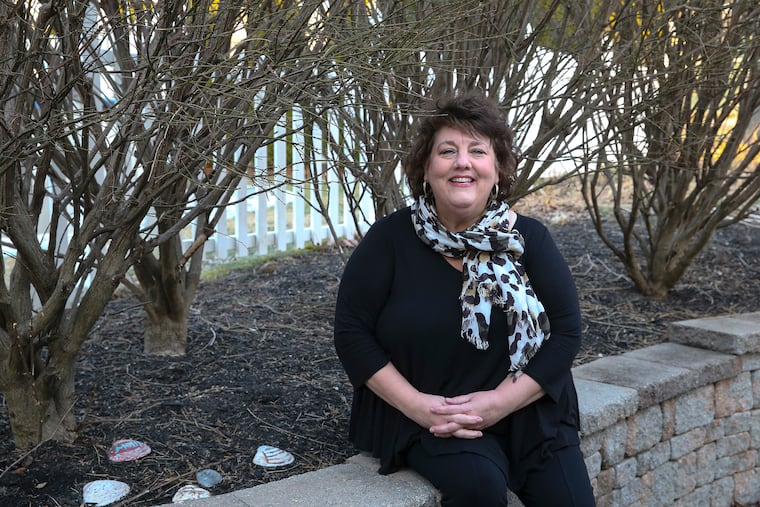Could the COVID-19 vaccines make long-haulers feel better?
That’s not how vaccines work, normally. The idea is to prevent disease, not treat it. But some experts say it is nevertheless plausible that the COVID-19 vaccines alleviate symptoms of “long” COVID.

Karen Zechman Fleming had a grueling case of COVID-19 last summer, with fever, aches, and difficulty breathing for two months, and even now she has a periodic cough.
Alexandra Hackett’s symptoms have dragged on even longer. Nearly a year after her initial aches and fever in the spring of 2020, she still suffers from chest pain, fatigue, and what she describes as occasional “brain fog.”
Both have now been vaccinated. And both say their lingering symptoms have gotten slightly better.
Could the vaccines have helped?
That’s not how vaccines work, normally. The idea is to prevent disease, not treat it. But some prominent infectious-disease experts say it is nevertheless plausible that the COVID-19 vaccines might alleviate symptoms of “long” COVID.
» READ MORE: Some COVID-19 long haulers have had symptoms since the first wave. Can they still get better?
This intriguing idea is not yet the subject of any formal study, and it might never be. The advice from physicians would be the same regardless: Get vaccinated.
There are at least three reasons that “long-haulers” might feel better after a vaccine. The simplest explanation is that they were already on the mend, and that the vaccine had nothing to do with it.
Hackett, a communications manager for Magee Rehabilitation in the Jefferson Health system, wonders if that was the case for her. Her symptoms were gradually subsiding before she got her first injection in January, and it is hard to tell if the pace of improvement has gotten any faster since then, she said.
The brain fog started to lift after she underwent neuro-rehab therapy similar to what is prescribed for people with a mild concussion. But the chest pain is still there, and she can’t tell if the vaccine helped.
“If it’s happening in some people, that’s wonderful,” she said of the idea that vaccines could alleviate long-lasting symptoms. “But I wouldn’t want to give people false hope.”
Yet some patients have reported they feel significantly better after the vaccine, which brings us to possibility number two. A persistent “reservoir” of virus may still have been present in their bodies, and thus the vaccines may be stimulating an antibody response that clears it.
That hypothesis was outlined by Yale University immunologist Akiko Iwasaki in a recent Twitter thread. She added that some long-COVID symptoms may be driven by viral fragments — what she called a “viral ghost” — and that perhaps the vaccines help the person clear that, too.
The third possibility: To the extent that some lingering symptoms are caused by abnormal inflammation, vaccination may act as kind of a reset button for the immune response, said Michael Mina, a Harvard University epidemiologist and immunologist.
It would be almost as if the vaccines are “distracting” or diverting the immune system from causing the unwelcome symptoms, Mina said in a media briefing this month. He said Iwasaki’s viral reservoir idea also is possible.
“I think there’s a likelihood that this is a real phenomenon,” he said.
Yet Fleming, a nurse in the neonatal intensive-care unit at Holy Redeemer Hospital in Meadowbrook, said her experience seems more like Hackett’s. Her cough already was becoming less frequent before her injections, in late December and mid-January, and it has continued to improve since then.
“Is it just time?” she wondered.
Fleming has repeatedly tested negative for the coronavirus since the worst of her symptoms subsided last summer, and was cleared to return to work.
But when her cough persisted, her physicians explored what else might be to blame. She had no underlying respiratory conditions such as asthma, and she is not prone to seasonal allergies. She even had her house checked for mold, and that was not the issue. The best explanation is some sort of lingering post-COVID inflammation, she said.
And if the vaccine helped, then great. But she was eager to get it anyway.